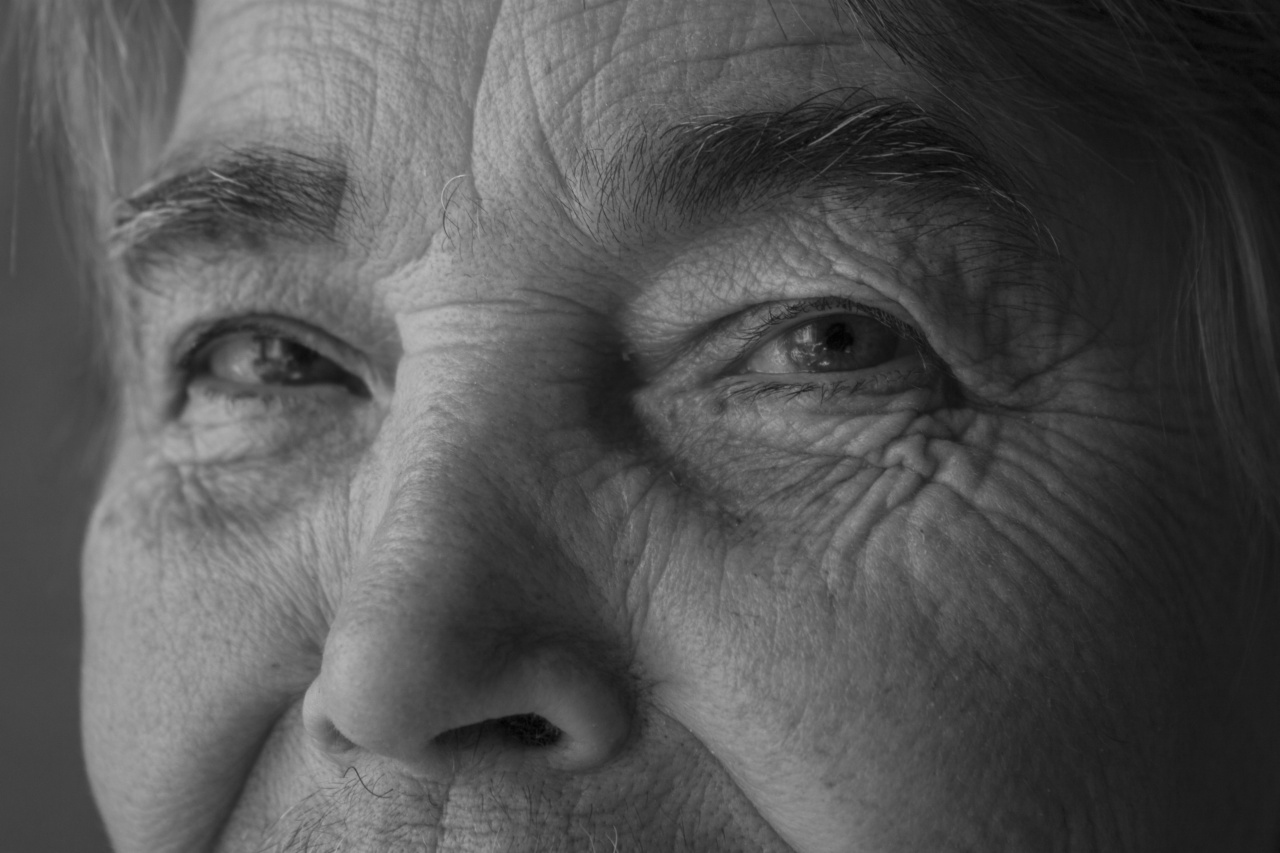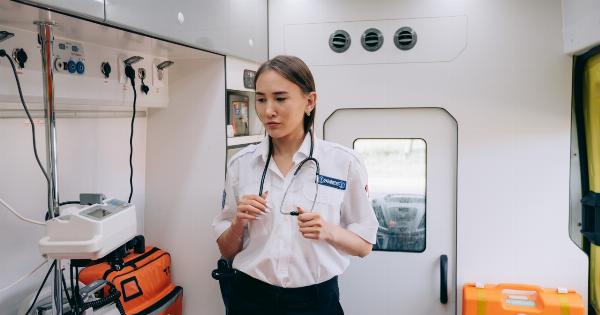Popping pimples on your nose or around your eyes can seem tempting, especially when they are unsightly or painful.
However, this seemingly harmless act can lead to a variety of risks and complications that can worsen the condition and potentially cause long-term damage to your skin. In this article, we will explore the dangers associated with popping pimples on your nose or around your eyes and provide alternative solutions for treating these pesky skin blemishes.
The anatomy of a pimple
Before delving into the risks of popping pimples on your nose or around your eyes, it is important to understand the anatomy of a pimple.
Pimples, also known as acne vulgaris, occur when the hair follicles become clogged with oil, dead skin cells, and bacteria. This leads to the formation of whiteheads, blackheads, papules, pustules, or cysts on the skin.
The temptation to pop
Pimples can be uncomfortable and mar your appearance, making it tempting to pop them. However, it is crucial to exercise caution and refrain from popping pimples, especially those located on your nose or around your eyes.
The skin in these areas is delicate and sensitive, making it more prone to damage and complications.
Risks of popping pimples on your nose or around your eyes
1. Scarring: Popping pimples can lead to scarring, particularly if you do not do it correctly. Squeezing or pressing a pimple forcefully can cause the contents to rupture beneath the skin, leading to inflammation and potentially deepening the infection.
This can result in permanent scarring, which is often difficult to treat and can affect your self-esteem.
2. Infection: Pimples are essentially a localized bacterial infection. When you pop a pimple, you risk introducing more bacteria to the area, which can lead to further infection.
Additionally, the act of popping can cause the bacteria to spread to adjacent areas of your skin, exacerbating the problem and potentially leading to a more severe infection.
3. Spread of acne: Popping pimples on your nose or around your eyes can cause the acne-causing bacteria to spread to other areas of your face. This can lead to the formation of new pimples, making your acne problem more widespread and harder to treat.
4. Delayed healing: Popping a pimple disrupts the natural healing process of your skin. This can result in a longer healing time and potentially lead to further complications, such as secondary infections or inflammation.
5. Hyperpigmentation: Popping pimples can cause post-inflammatory hyperpigmentation, which is characterized by darkening of the skin in the affected area.
This hyperpigmentation can last for several months or even years, making it important to avoid popping pimples to prevent this undesirable side effect.
6. Eye complications: Pimples near your eyes are particularly risky to pop due to the proximity to your delicate eye structures.
Popping a pimple in this area can result in eye infections, corneal abrasion, or even damage to your vision if not done with extreme caution.
7. Allergic reactions: Pimple-popping can irritate the skin and potentially trigger an allergic reaction.
The skin around your nose and eyes is more sensitive, making you more susceptible to developing allergic reactions to the products or substances used during the popping process.
8. Permanent damage: Popping pimples, especially those near your eyes, can cause permanent damage to the delicate tissues and structures in this area. It is crucial to avoid taking unnecessary risks that could lead to irreversible harm.
Alternative solutions for treating pimples
While popping pimples may seem like a quick fix, there are safer and more effective alternatives for treating pimples on your nose or around your eyes:.
1. Maintain good skincare routine: Establish a consistent skincare routine that includes gentle cleansing, exfoliating, and moisturizing. Be sure to use products that are suitable for your skin type and address your specific skin concerns.
2. Use topical treatments: Over-the-counter topical treatments that contain ingredients such as benzoyl peroxide or salicylic acid can help treat pimples. Apply these products sparingly to the affected area according to the instructions provided.
3. Consult a dermatologist: If your pimples persist or are causing significant discomfort, it is advisable to seek professional help from a dermatologist. They can assess your skin condition and provide personalized treatment options.
4. Apply warm compresses: Gently applying a warm compress to the affected area can help soothe inflammation and encourage the pimple to come to a head naturally. This can aid in the healing process without the need for popping.
5. Avoid touching your face: Touching your face, particularly the area around your nose and eyes, can transfer bacteria and irritate the skin.
It is important to avoid touching your face unnecessarily to prevent the spread of acne-causing bacteria and potential exacerbation of pimples.
Conclusion
Popping pimples on your nose or around your eyes may provide temporary satisfaction but the risks and potential complications outweigh the benefits.
Scarring, infection, spread of acne, delayed healing, hyperpigmentation, eye complications, allergic reactions, and permanent damage are all possible consequences of popping pimples in these delicate areas. By opting for alternative solutions and seeking professional advice when necessary, you can effectively treat your pimples and maintain the health of your skin.






























